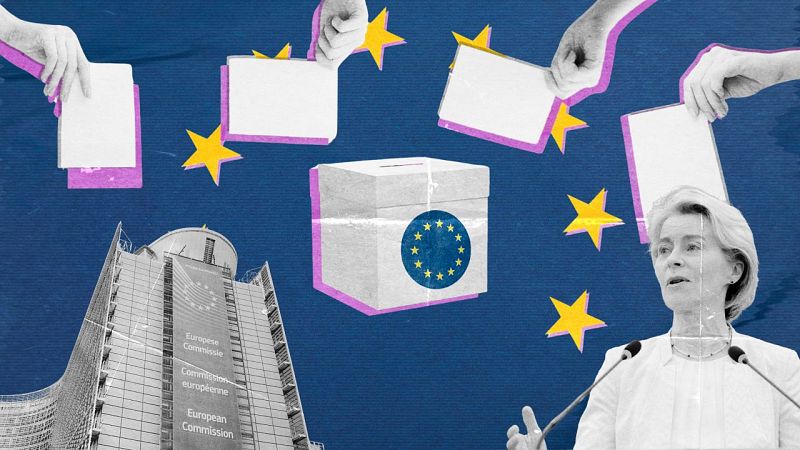
Would you like to see a Europe without animal testing? Guarantee legal and safe access to abortion? Or eliminate toxic pesticides from the environment? Collect one million signatures in a year, and you’ll get the chance to help shape the EU’s agenda.
That’s the promise behind the European Citizens’ Initiatives (ECI)—an official participatory democracy tool launched in 2012 to give citizens a direct say in policymaking.
But 12 years on, the numbers suggest a disconnect: 144 initiatives launched, only 10 received a formal response from the European Commission.
It begs the question: is this tool truly empowering citizens, or has it turned into a digital suggestion box collecting dust?
According to Professor Alberto Alemanno, founder of The Good Lobby, ECI are “a potentially revolutionary mechanism”—but one that has struggled to gain traction. “The ECI remain little known and underused (...) Of these 121 registered initiatives, only 14 reached the one million signature threshold, representing a success rate of nearly 12%,” he told Euronews.
European Ombudsman Teresa Anjinho agrees that the idea behind ECI is powerful — but says it hasn’t lived up to expectations.
“We need to improve communication about its purposes and functions. Awareness campaigns must be strengthened so that citizens are fully informed about what an ECI can and cannot do, and take action,” she said in June.
Since 2019, the number of initiatives registered has been going down. But transparency advocates like The Good Lobby expect a potential comeback — as civil society loses access to power and faces increasing pressure across the EU.
‘Don’t you worry, citizen’: The Commission says all is well
Far from any self-criticism, the Commission does not consider that this mechanism is not working effectively, nor does it propose any kind of review or reform of it. In fact, its spokesperson Olof Gill believes that ECI is an instrument that allows citizens to influence the EU's agenda and work— one that has already yielded tangible results.
“Several legislative acts triggered by successful ECI already apply, such as the revised Drinking Water directive, the regulation on the transparency and sustainability of the EU risk assessment in the food chain, and the Nature Restoration law,” Gill told Euronews.
Over recent years, the Commission has also announced a roadmap with a set of legislative and non-legislative actions to phase out animal testing for chemical safety assessments, improved shark trade monitoring, and is currently studying a potential ban on sales and trade of loose shark fins, to name but a few.
More generally, the Commission’s spokesperson said that the citizens’ initiatives can drive discussions and the direction of policies at EU level.
Still, campaigners and civil society groups remain frustrated by the Commission’s slow — or at times absent — follow-up, warning it could undermine both the tool itself and the EU’s credibility.
"Our End the Cage Age ECI mobilised over 1.4 million people to call for an end to keeping farmed animals in cages, and the European Commission committed doing so [by the end of 2023]. However, six years on, we're still waiting," said Eloise Shavelar, global head of campaigns and advocacy at Compassion in World Farming.
In response to the delay, petitioners have taken the matter to the EU’s top court. "The upcoming ruling by the European Court of Justice will determine whether ECIs are an effective tool," Shavelar added.
The EU executive told Euronews that the work is still underway, but gave no timeline for when the draft proposal might be published, nor any explanation for the delay.
“The Commission is now carefully assessing important aspects to design a well-balanced approach to reply to societal demands and to ensure the transition to cage-free farming is sustainable and economically viable for the agricultural sector and for our food systems,” a spokesperson said in an emailed statement to Euronews.
More recent ECIs have pushed for an EU-wide ban on conversion therapy and new legislation to prevent and reduce the impact of extremism, especially on the single market.
The Commission is also drafting a response to a call for stronger protection of Europe’s regional cultural identities.







